
By Stanley FELTEN
In my youth, I made a pilgrimage to the high plateaus of Tibet. I sought wisdom from monks who seemed to live in harmony with a world that most of us, in our noisy rush for profit and power, have forgotten how to hear.
One morning, as the sun rose over the Himalayas, an elderly monk said to me:
“He who wounds the earth, wounds himself. Protect her, and she will remember your name.” Those words have echoed in my heart ever since—and today, they ring louder than ever as I watch my beloved Ghana bleeding from the wounds of illegal gold mining.
The poison in our rivers
From the Pra to the Ankobra, from the Birim to the Offin, our water bodies have become shadows of their former selves—poisoned by mercury, choked by silt, and robbed of life by the insatiable hunger for gold. What began as survival for a few young men has grown into a national affliction: galamsey—a term that once evoked ingenuity and grit, now synonymous with environmental ruin and moral decay.
Yes, youth unemployment is real. But when our survival turns into the destruction of our rivers, farms, and forests, then we have mortgaged our children’s tomorrow for a few ounces of fleeting wealth.
The meeting that missed the moment
Last week’s meeting between the President and civil society organisations (CSOs) was, in principle, a welcome step. Many CSOs spoke passionately about the pollution of water bodies and the urgency of enforcement. Yet, as I watched the event on television, I felt that we were circling around the same drain: talk without transformation.
The efficacy of the meeting will depend not on more reports or committees, but on the courage to act boldly—beyond politics, beyond speeches, and beyond the next election cycle.
A GHC1bn National Reclamation Fund
It is time to face facts: this crisis is not just environmental; it is existential. We are running out of clean water, arable land, and moral resolve.
What Ghana needs now is a bold, transparent National Anti-Galamsey Fund—a public fund targeting 1 billion Gh¢ to reclaim our destroyed lands and rivers.
This is not money to enrich contractors. It is money to employ the very youths now trapped in illegal mining—to turn destroyers into healers. Organised into cooperatives, they can be paid to
restore the environment: replanting forests, rehabilitating farmlands, and purifying polluted rivers. Some can become “Blue River Guards,” tasked with protecting our waterways from further abuse.
Every sector must contribute—corporate mining companies, banks, churches, traditional councils, and ordinary citizens. Government appointees can donate a percentage of their salaries. Contributions must be public, traceable, and managed with full transparency.
Cracking Down on the True Culprits
But let us not pretend that the young men with shovels and pans are the real masterminds. The financiers, equipment suppliers, and political protectors behind galamsey must be identified, prosecuted, and jailed.
A total ban and strict monitoring on the importation of excavators and chanfan machines must be enforced. Those who continue to fund and facilitate these crimes should face the same penalties as drug traffickers—for that is what they are: traffickers of our nation’s soul.
Jobs, Dignity, and Hope
In the developed world, the unemployed receive social safety nets to prevent desperation. In Ghana, our safety net must be productive work—work that heals our land. The reclamation cooperatives can become engines of agricultural renewal, reforestation, and water management.
If after all this, a minority still insists on engaging in illegal mining, then—and only then— should the state deploy a special task force of 1,000 well-equipped soldiers to clear them out. For when livelihoods are restored, those who continue to destroy must face the full force of the law.
A Call to Conscience
My Tibetan teacher would say, “The earth does not forget who walks gently upon her.” Ghana stands today at a spiritual crossroads. We can choose to be the generation that sold our rivers for gold, or the one that restored the land so our grandchildren can drink from the streams again.
Let us not wait for the world to pity us. Let us rise, all of us—government, business, church, and citizen—to reclaim Ghana from the abyss of galamsey.
If we do this together, we will not only save our rivers; we will rediscover our soul.
The post 1bn reasons to save our land appeared first on The Business & Financial Times.
Read Full Story

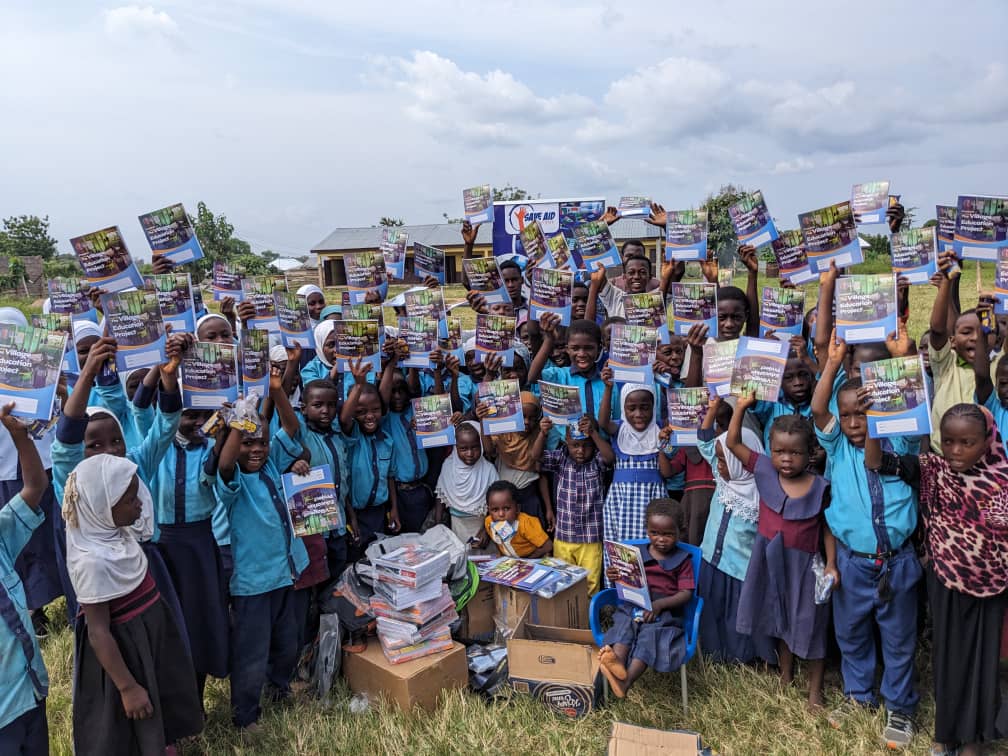
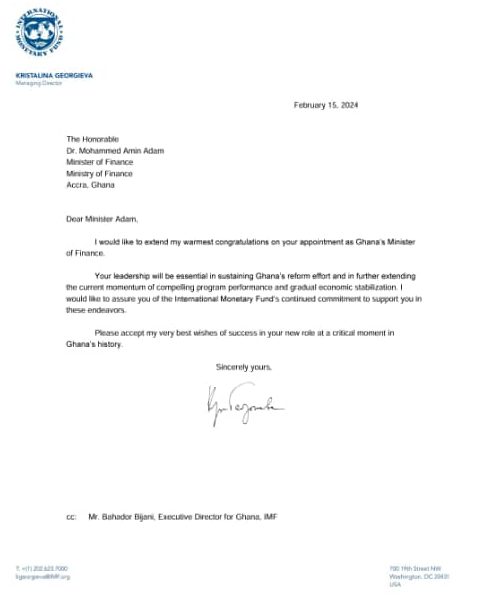


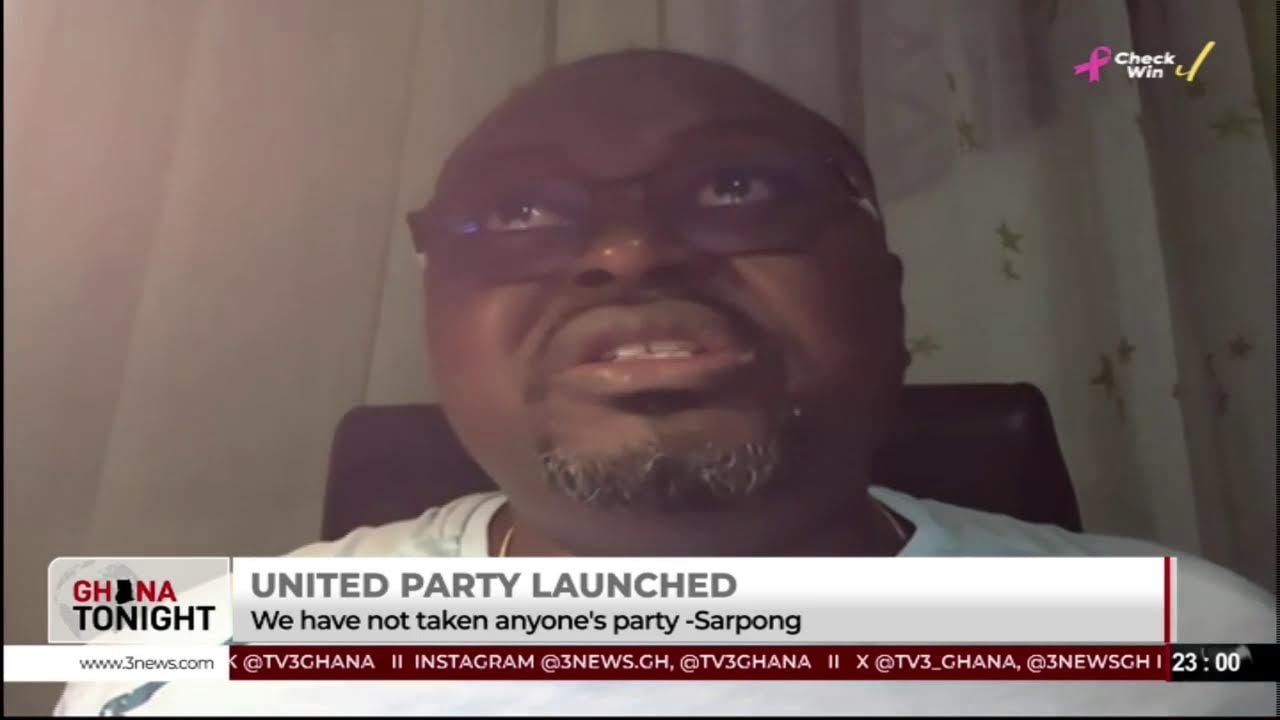
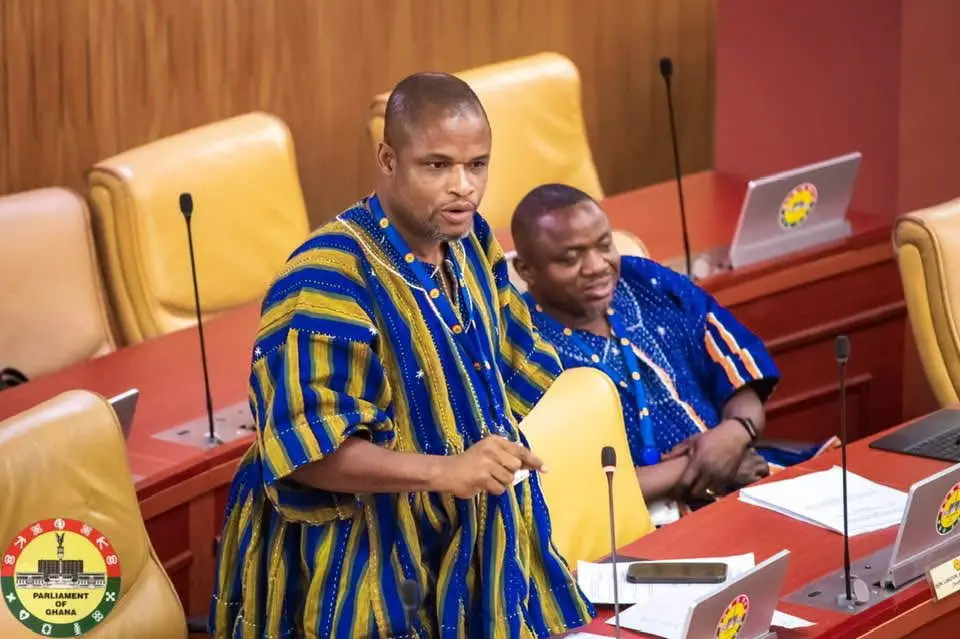
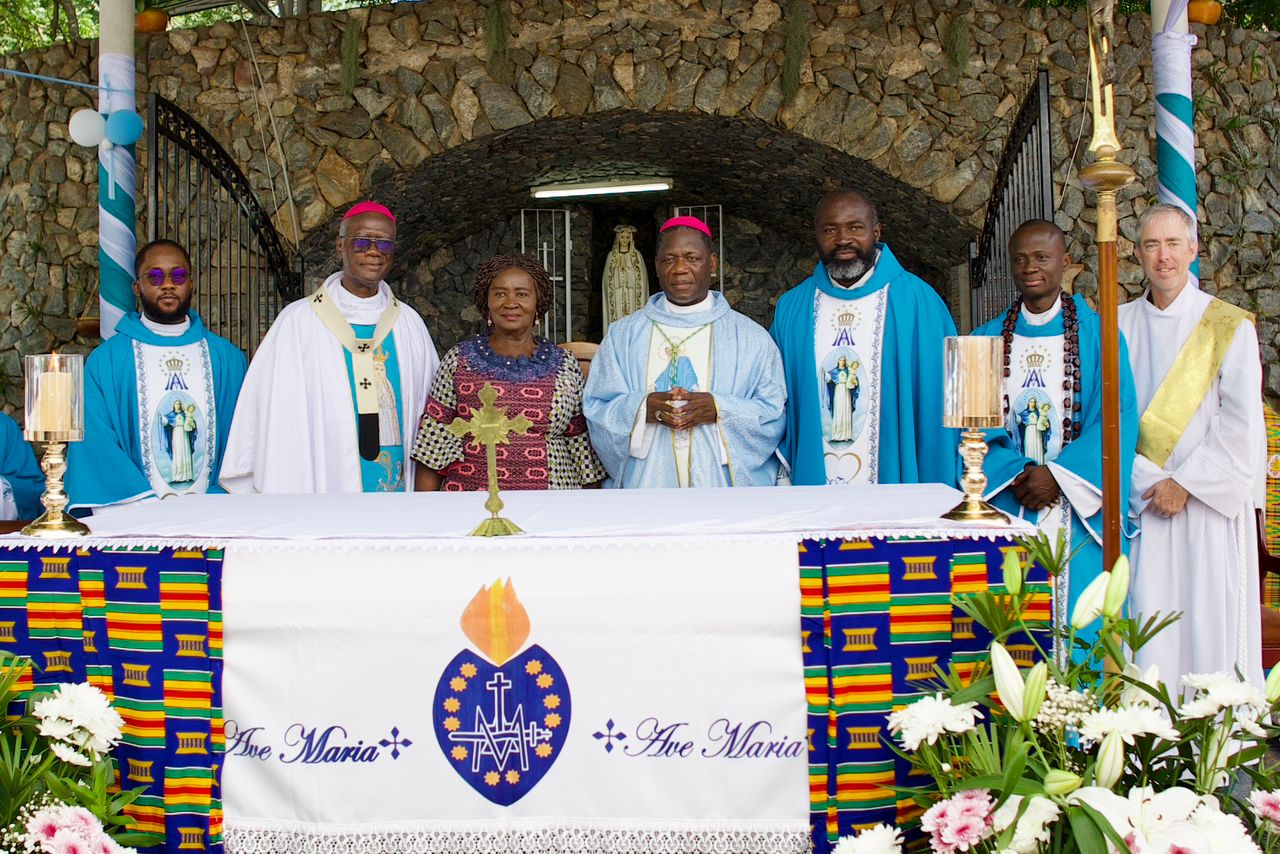
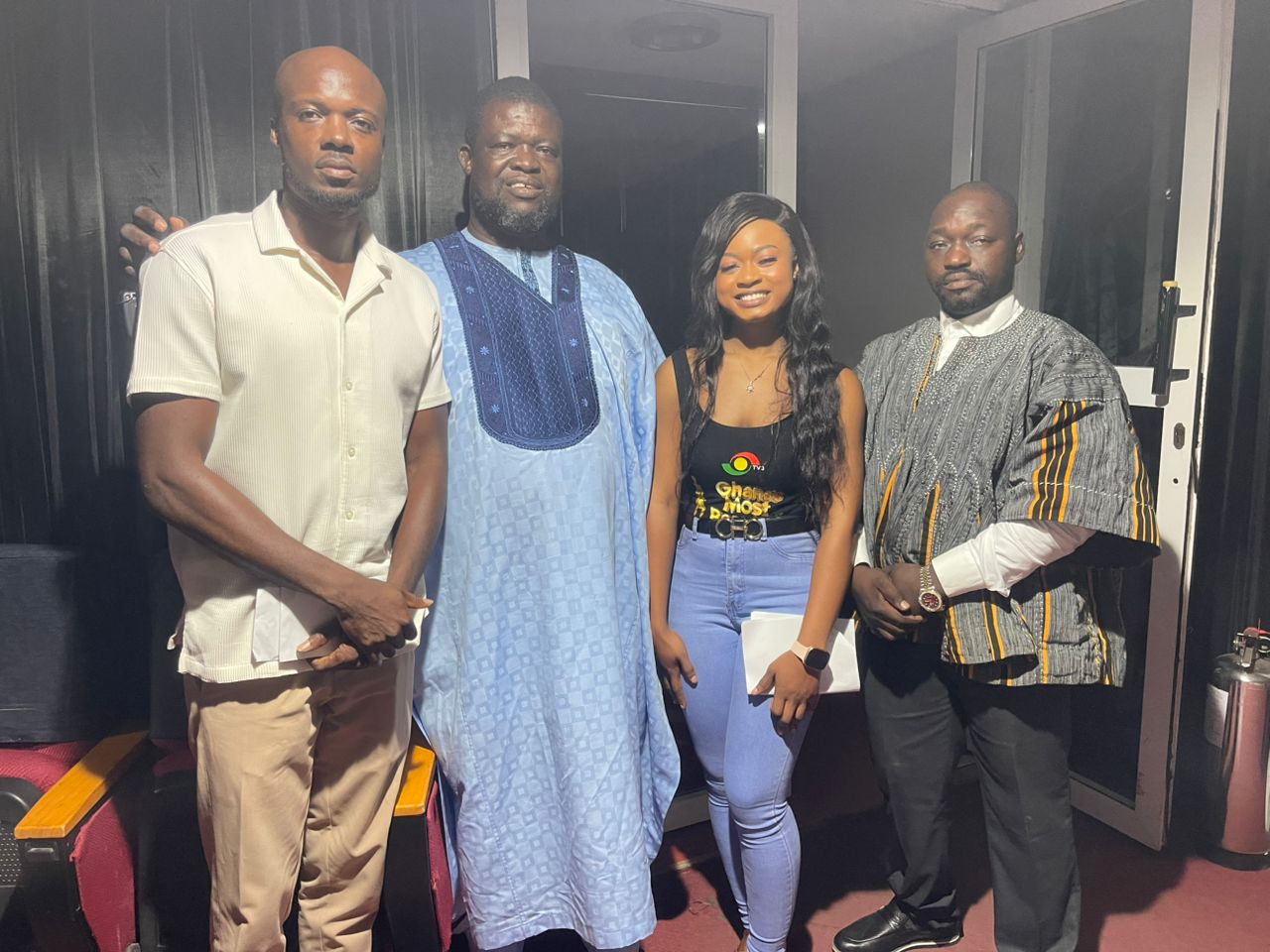

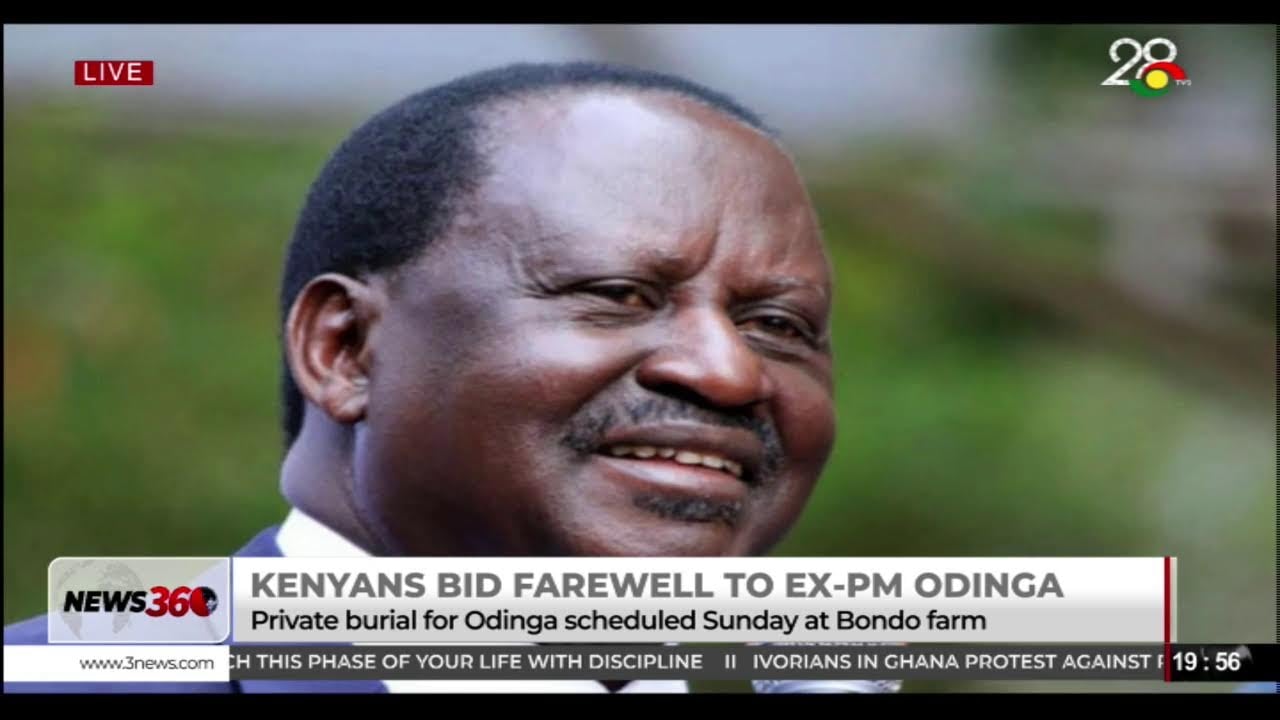
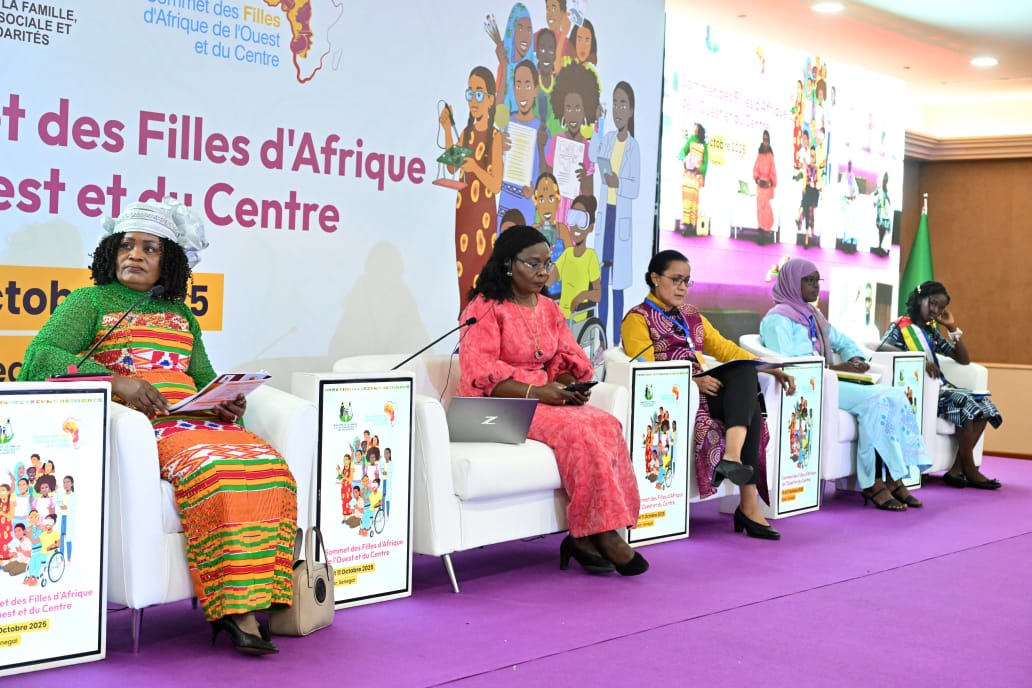




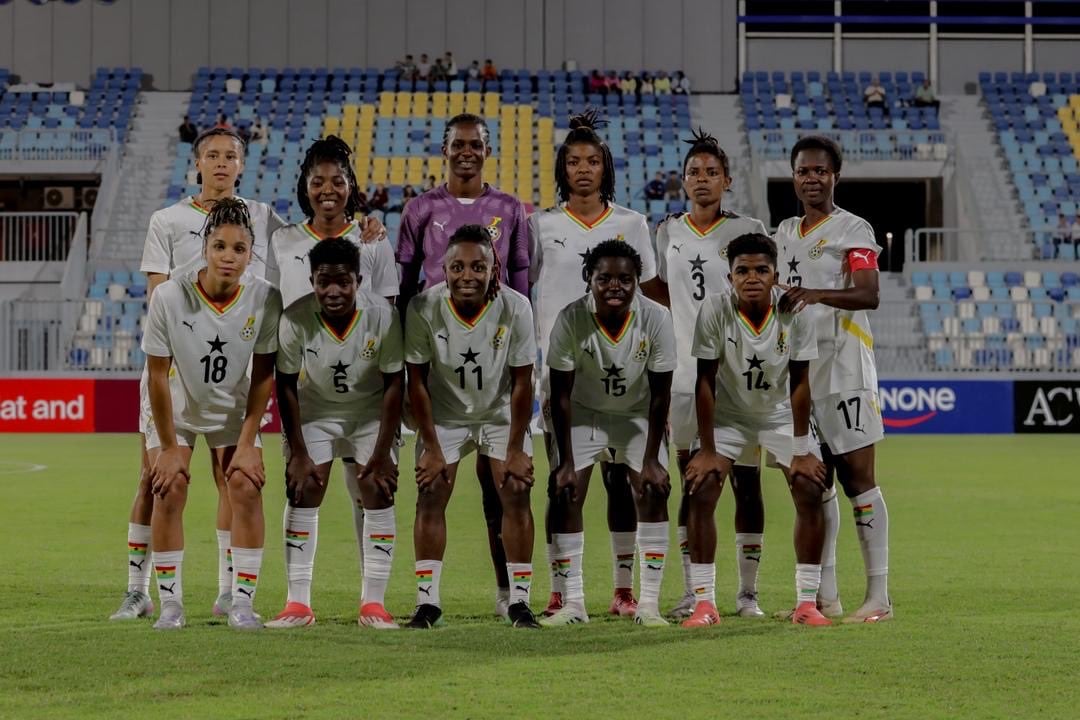

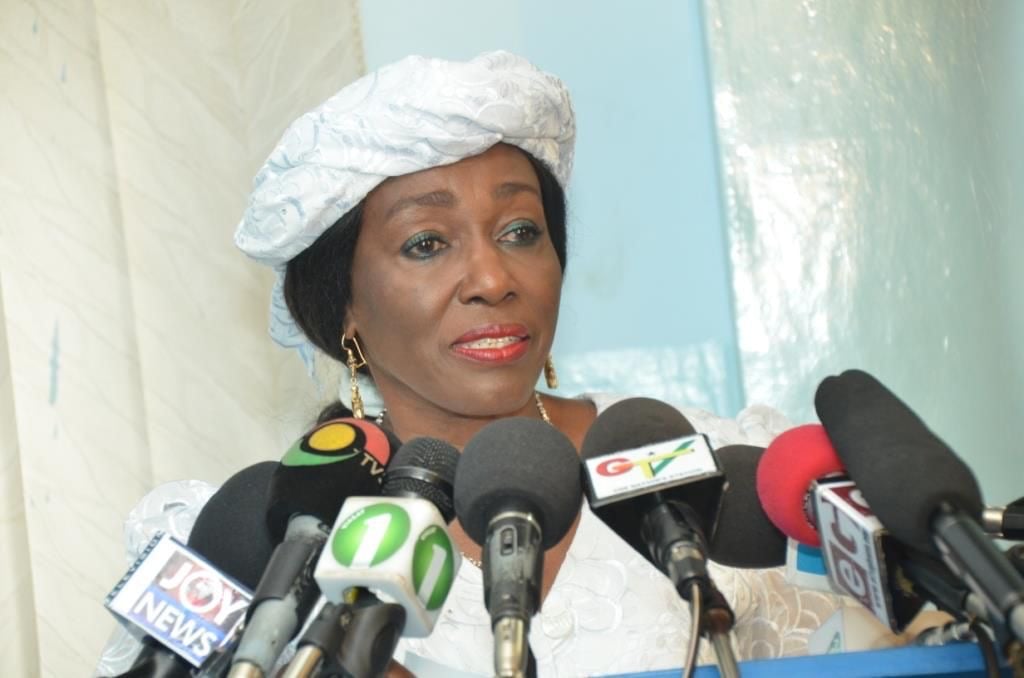

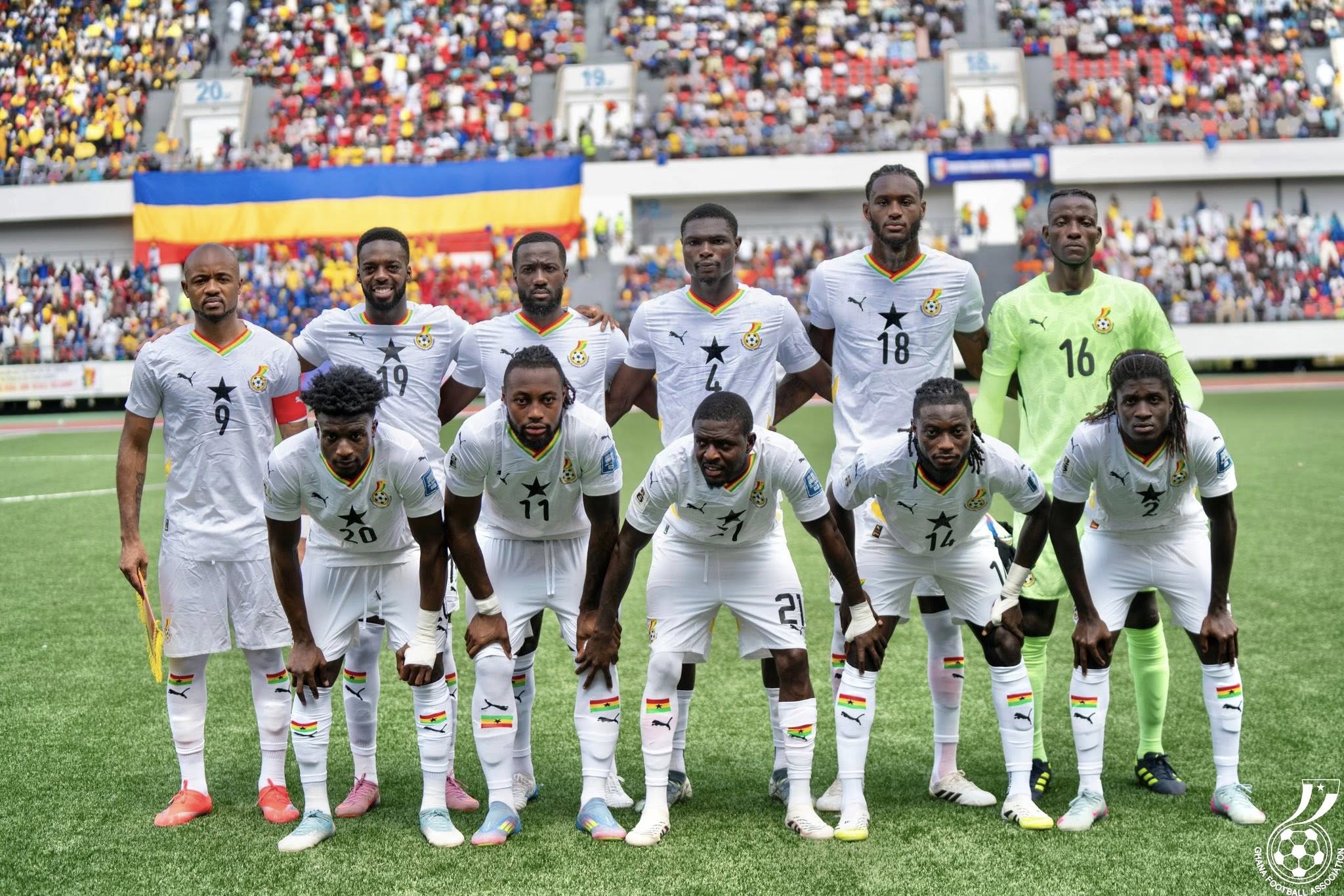
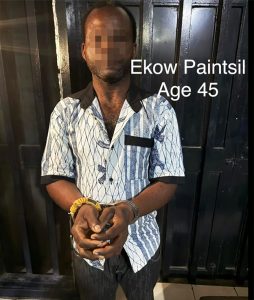
Facebook
Twitter
Pinterest
Instagram
Google+
YouTube
LinkedIn
RSS